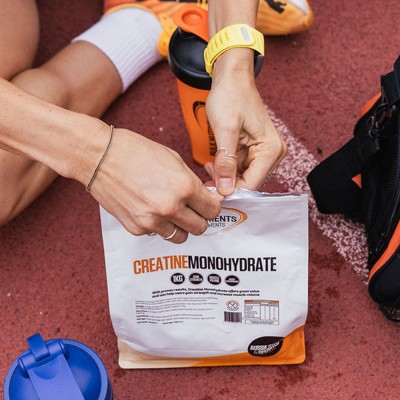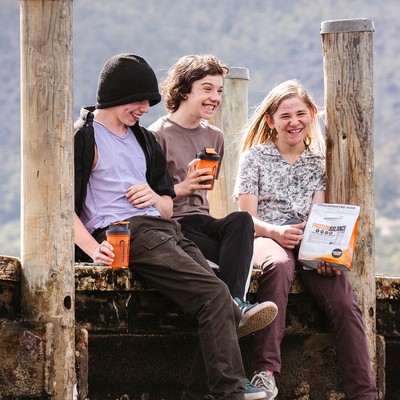Looking After Your Mental Health During the Pandemic

Mental health in times of uncertainty and stress
How are you feeling?
Parts of Australia and the world in lockdown as we aim to flatten the curve of COVID-19, life looks and feels very different for pretty much everyone.
Some of us have been stood down from our jobs. Some of us are working remotely, have children at home with us, or perhaps we are self-isolating on our own.
Others may have become ill themselves, or know someone who has been diagnosed as positive for COVID-19. To all of you and your loved ones, we wish you a speedy recovery.
Our essential workers in healthcare, retail, disability-support and some manufacturing (toilet paper mill workers, we’re looking at you!) have never been busier.
If this reads as stressful, no wonder we’re feeling ALL THE EMOTIONS.
Whatever those emotions are, it’s OK.
People all around the world are dealing with the Coronavirus pandemic in their own ways. And while it’s something we all have to come to terms with ourselves, we’re definitely not alone.
So here at Bulk Nutrients (where we’re still open for business and shipping across Australia and New Zealand), we’ve pulled together some resources that you might find helpful for your mental fitness and some ideas for how we can all bolster our mental health, look after ourselves physically, check in on friends and family and get through this pandemic together.
Help is always available
First up: if you’re really struggling, we hear you and we’re sorry. This blog has some great general resources, but if you need help, please reach out. This doesn’t have to be face-to-face, by video or even phone calls – you can text and chat online.
Also, if you know of someone struggling, sometimes they don’t have the ability to reach out. So, please, check in with your friends and family, see what support they could do with and offer professional resources some of those listed below.
For immediate help, contact:
Lifeline
Lifeline you can phone, text or chat online.
Phone: 13 11 14 (Call available 24/7)
Text: 0477 13 11 14 (Text available 24/7).
Live chat: Live chat (Chat available 24/7).
Kids Helpline
Kids Helpline for children, teenagers and young people who need support. They also have resources for parents, carers and teachers.
Phone: 1800 55 1800 (24 hours, 7 days)
Webchat: 24 hours, 7 days.
Email counselling: 8 am to 10 pm daily.
Beyond Blue
Phone: 1800 512 348 (24 hours/7 days)
Webchat: 3 pm to midnight, Australian Eastern Standard Time.
Family violence can increase at this time as people become more isolated and have less opportunity to spend time away from others.
1800 Respect
If you or someone you know needs help, 1800 Respect is a family and domestic violence counselling service.
Phone: 1800 737 732 (24 hours, 7 days)
Interpreter service: 13 14 50
Live chat: 24 hours/7 days
Find local services in your area here.
RU OK?
RU OK? Has a great post on how to reach out to someone you’re worried about.
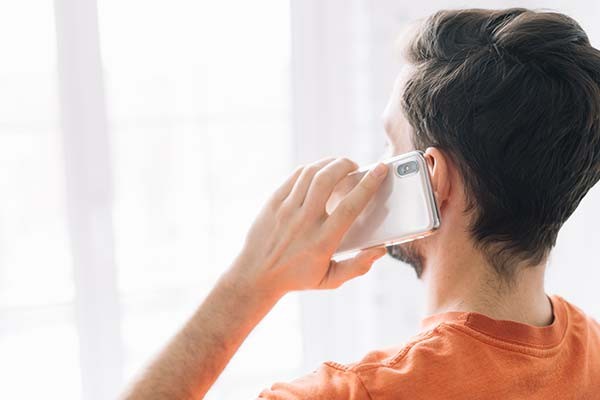
Taking care of yourself
Whatever your situation, there is a lot you can do to look after yourself, anyone in your household and stay connected with friends and family who are more distant from you – whether that’s socially or physically.
Make an ‘at home’ routine
Whether we like it or not, humans are creatures of habit. From the time we’re babies, right through to our golden years, we do best with a routine and knowing what’s coming next.
While we can’t control or predict what’s going on in the outside world, we can, to an extent, manage our own routines and give our days and weeks structure.
If you’re working remotely, it’s important to give yourself a similar routine to what you’d be doing if you were going into work.
Routine is also important for babies, children and teenagers. A 2011 study in the Journal of Abnormal Child Psychology found that teachers reported lower levels of Oppositional Defiant Disorder (ODD) and hyperactivity in children who self-reported that their family had routines.
Consider:
- If you usually work out before work, stick to your workout time. Swap your gym routine for a bodyweight workout (known as callisthenics in the United States).
- Swap out your commute time for a socially distanced walk or run to start the day.
- Showering and dressing (at least the top half, so you’re ready for your video calls!) every day.
- Taking regular breaks from your homework set up. Consider habit-setters like standing up for phone calls, swapping a video meeting for a voice call so you can walk and talk, taking a stroll outside or around your home after lunch.
- Making sure you finish your work at the end of the day. If you’re working at the kitchen table or living room, make an effort to pack away your laptop so you’re not tempted to continue working… or have work and internet bleed into your evening.
- Setting out a rough planner of what children and teens can expect from the day. If you’re supporting them to complete school from home, your child’s school should be able to support you with timetables and strategies.
- Involve children in deciding how the day should be planned out, with a mix of study time, quiet time and play.
Get your body moving with exercise
Exercise is proven to increase your endorphins, send blood to your brain, produce hormones to help with sleep and release muscle tension. Incorporating exercise into your routine is one way to stay calm and healthy.
The Australian Government’s Health Direct resource confirms that exercise releases your body’s mood-elevating chemicals like endorphins and serotonin. Regular exercise is proven to reduce stress and can alleviate some of the symptoms of anxiety and depression, as well as supporting recovery. Exercise is also proven to support good sleep – which we’ll talk more about later.
Your normal workout routine might have changed with the closure of gyms and the scaling-back of boot camps and personal training sessions, but there’s plenty you can do to stay active within an apartment, backyard or any socially distant set-up area.
Check out our blog on how to work out from home here.
Finally, even a simple walk, either solo or with members of your household, is one of the easiest and best ways to keep your body active and your mind healthy. At the time of writing, most Australians were lucky enough to be able to go for a walk in non-crowded areas, to maintain distance from other people. The South Australian Government’s SA Health has this article on how to walk yourself happy.
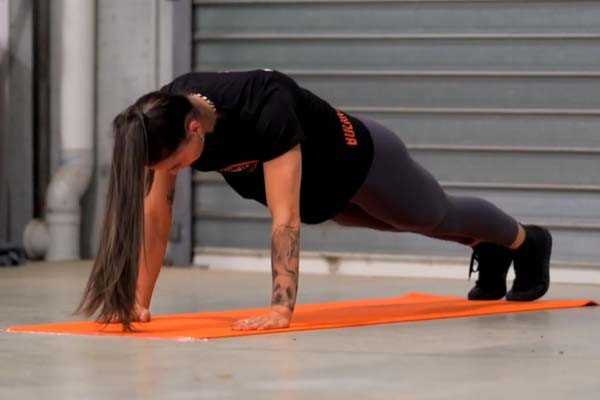
Focus on eating nutritious foods
There are plenty of reasons for eating beyond nutrition, as anyone who’s been eagerly awaiting their inflight meal can attest to. Breaking up boredom, anticipation, excitement. Cooking and sharing a meal with a loved one is one of the great delights of being human.
Plus 95% of serotonin, the neurotransmitter that helps us to feel good, is created in the gut, according to the Harvard Health Blog.
Allow yourself some treats if they help, but use your best judgement. If you know you can’t have chocolate in the cupboard – it’s eaten until it’s all gone – don’t put the pressure on your willpower by having it in the house.
Don’t use food, alcohol or drugs to temporarily boost your mood – because you’ll regret it when the mood drops.
If you have access to fresh food, make the most of it. However, frozen options are a nutritious way to add whole fruits and vegetables to your meals – frozen berries in smoothies or blitzed with a bit of water to make a sorbet, frozen bananas and mangos with protein powder to make a high-protein smoothie, even frozen peas to bulk out your baked beans and get a dose of greens!
Plenty of people are using self-isolation as a time to plant a new veggie patch and even apartment-dwellers can grow plants in pots or a small herb garden on a windowsill. Plus, children can be more likely to try their vegetables if they’ve helped nurture them from seedlings to the table.
Don’t put sleep on the backburner
Perhaps your work has been disrupted, suspended or you’ve been made redundant. First up – this is a huge change and it can be difficult. Go easy on yourself and seek out extra supports if you need them.
With a newly-opened schedule out in front of you, it can be tempting to relax your bedtime, going to sleep later and waking later. But it’s better for your mental health if you can maintain a regular sleep and wake time, science has proven.
A study in The Lancet in 2018 found that disrupted sleep and the circadian rhythm is “a core feature of mood disorders and might be associated with increased susceptibility” to mood disorders. This isn’t meant to worry you, or suggest that changing your sleep pattern will lead to mental health conditions, rather than sleep is something to prioritise for good physical and mental health. Don’t underestimate the power of a good night’s sleep.
If you’re looking for ways to get a better night’s sleep, check out these 10 tips from the Sleep Health Foundation.
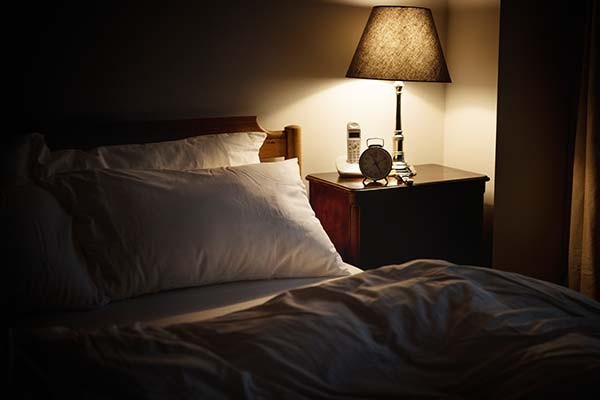
You are not alone
This is temporary. It’s weird for most people. It’s absolutely challenging and hard and unfair. For some of us, life will never be the same again. In the worst cases, people we know and love have died or been incredibly ill. We’ve lost jobs, businesses and homes.
Even in situations where life has altered, it is hard.
For everyone who has been adversely affected by COVID-19, we are sorry.
For everyone worried, scared, stressed – we hear you. Take care of yourself and look out for each other.
Business as usual at Bulk Nutrients
We are proud to employ a diverse workforce here in Tasmania and we continue to work together (with appropriate social distancing) to fill your orders and ship them to your door. During COVID-19, there may be some small delays in shipping times.
We’re always here for advice around supplements and health. Check out our library of blogs or contact us directly for product advice, help with our website or a change made to your order.
Call us on +61 3 6266 4725, email us 24 hours / 7 days on info@bulknutrients.com.au, use our online contact form or chat with our customer service team in the bottom right-hand corner of your screen.
References:
- Healthdirect.gov.au. 2019. Exercise And Mental Health. [online] Available at: https://www.healthdirect.gov.au/exercise-and-mental-health.
- Healthdirect.gov.au. 2019. 10 Tips For Healthy Sleep. [online] Available at: https://www.healthdirect.gov.au/sleep.
- Lanza, I., 2011. Family Routine Moderates The Relation Between Child Impulsivity And Oppositional Defiant Disorder Symptoms. [online] NCBI. Available at: https://www.ncbi.nlm.nih.gov/pmc/articles/PMC3066087/.
- Lyall, L., et. al., 2018. Association Of Disrupted Circadian Rhythmicity With Mood Disorders, Subjective Wellbeing, And Cognitive Function: A Cross-Sectional Study Of 91 105 Participants From The UK Biobank. [online] Available at: https://www.thelancet.com/journals/lanpsy/article/PIIS2215-0366(18)30139-1/abstract.
- Sahealth.sa.gov.au. 2020. Walk Yourself Happy :: SA Health. [online] Available at: https://www.sahealth.sa.gov.au/wps/wcm/connect/public+content/sa+health+internet/healthy+living/be+active/walk+yourself+happy.
- Selhub, E., 2015. Nutritional Psychiatry: Your Brain On Food - Harvard Health Blog. [online] Harvard Health Blog. Available at: https://www.health.harvard.edu/blog/nutritional-psychiatry-your-brain-on-food-201511168626.
Related Blogs

How Seasons Effect Our Mental Health and What to Do About It
Posted by Dayne Hudson
Estimated reading time: 5 minutes
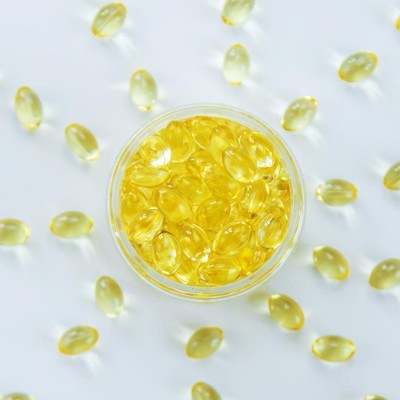
Is Vitamin D Really Helpful Against COVID-19?
Posted by Dayne Hudson
Estimated reading time: 6 minutes
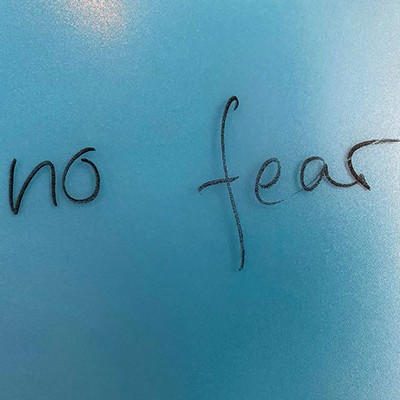
How People Make Scare Campaigns Out of Foods (And Why to Ignore It)
Posted by Dayne Hudson
Estimated reading time: 6 minutes
















